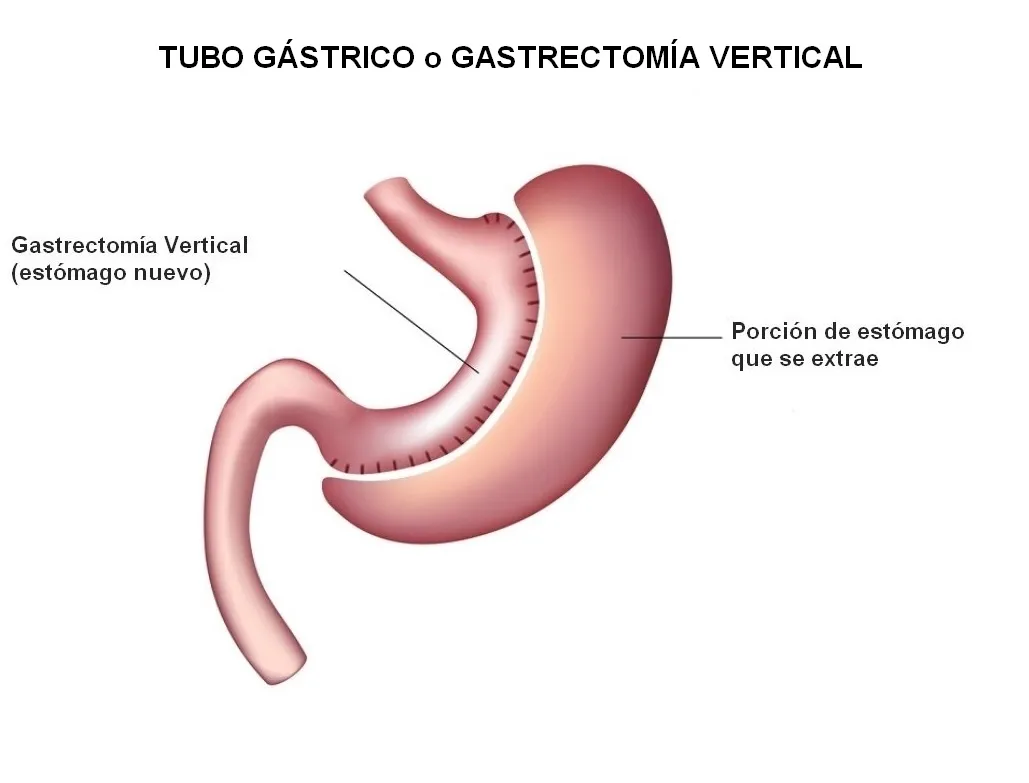The Bellvitge Hospital organizes next week an international course on bariatric and metabolic surgery that makes special incidence in diabetes surgery, as reported by the health center.
The course, which will be taught by outstanding national and international experts, will include thirteen live surgical interventions, as well as six conferences on different current issues around the surgical and endoscopic treatment of obesity and diabetes.
One of the novelties that will be presented will be the first results, in the medium and long term, of vertical gastrectomy, which is currently the main surgical treatment of obesity and diabetes.
As reported by the health center, with this procedure, initially developed to treat only morbid obesity, the surgeon eliminates by laparoscopy a wide part of the stomach, reducing it only to a narrow tube where the food passes.
It has been proven that, in addition to decreasing food intake, this modification produces hormonal changes that help the remission of diabetes.
The results that will be presented in the course confirm the effectiveness of this surgery in a high number of cases, either in the form of a complete or partial remission of the disease, and also provide information to endocrinologists and surgeons to know which techniques give better resultsin each patient and thus be able to make more precise indications.
The head of the Bariatric and Metabolic Surgery Unit of the Bellvitge Hospital and Course director, Jordi Pujol Gebellí, stressed that "the success of metabolic surgery is making demand grow exponentially."
The course director has stressed that "it is a benefit that can only be offered from third level hospitals and it is essential to dedicate all possible resources to deal with this new demand."
Bellvitge Hospital is one of the pioneer centers to incorporate bariatric surgery and also, more recently, metabolic surgery and performs more than 120 bariatric and metabolic surgery interventions per year.
Since 1976, he accumulates an experience of more than 2,500 cases and was the first center of Spain accredited as the center of excellence by the prestigious emergical Review Corporation (SRC).


